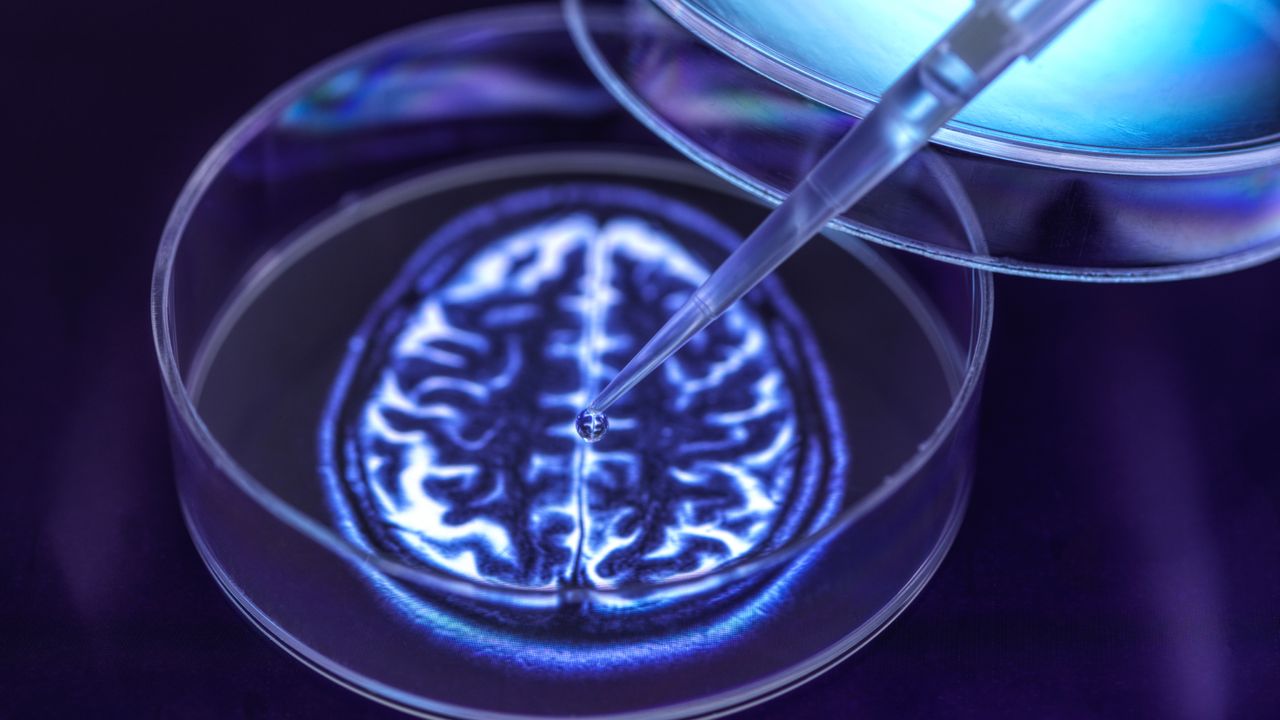'Alien: Earth' predicts a transhumanist future, but could we ever digitize human consciousness? We asked the experts (exclusive)
NeutralScience

'Alien: Earth' explores the intriguing concept of a future where human consciousness could transcend physical bodies, raising questions about the feasibility of digitizing our minds. This topic is not just a fascinating science fiction narrative; it invites us to consider the ethical and technological implications of such advancements. Experts weigh in on whether this vision is achievable or just a figment of our imagination.
— Curated by the World Pulse Now AI Editorial System




